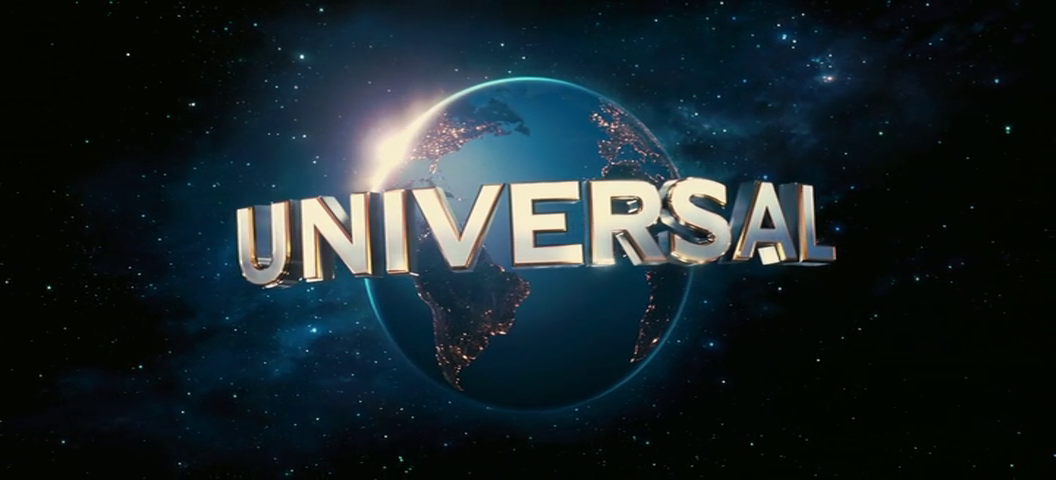
In 1926, 22-year-old doctoral student J. Robert Oppenheimer grapples with
anxiety and homesickness while studying under experimental physicist Patrick
Blackett at the Cavendish Laboratory in Cambridge. Upset with the demanding
Blackett, Oppenheimer leaves him a poisoned apple but later retrieves it.
Visiting scientist Niels Bohr recommends that Oppenheimer instead study theoretical
physics at Göttingen./
He completes his PhD there and meets fellow scientist Isidor Isaac Rabi.
They later meet theoretical physicist Werner Heisenberg in Switzerland. Wanting to
expand quantum physics research in the United States, Oppenheimer begins teaching
at the University of California, Berkeley, and the California Institute of Technology.
He marries Katherine "Kitty" Puening, a biologist and ex-communist, and has an
intermittent affair with Jean Tatlock, a troubled Communist Party USA member who
later commits suicide.
In December 1938, nuclear fission is discovered, which Oppenheimer realizes could
be weaponized. In 1942, during World War II, U.S. Army General Leslie Groves recruits
Oppenheimer to lead the Manhattan Project to develop an atomic bomb. Oppenheimer,
who is Jewish, is particularly driven by the Nazis' potentially completing their
nuclear weapons program, headed by Heisenberg.
He assembles a scientific team including Rabi and Edward Teller in Los Alamos,
New Mexico, and also collaborates with scientists Enrico Fermi, Leo Szilard and David
L. Hill at the University of Chicago. Teller's calculations reveal an atomic detonation
could possibly trigger a catastrophic chain reaction that ignites the atmosphere.
After consulting with Albert Einstein, Oppenheimer concludes the chances are acceptably
low. Teller's proposal to construct a hydrogen bomb is swiftly rejected. He attempts
to leave the project, though Oppenheimer convinces him to stay.
Following Adolf Hitler's death in 1945, some Project scientists question the bomb's
relevance, while Oppenheimer believes it will end the ongoing war in the Pacific and
save Allied lives. The Trinity test is successful, and President Harry S. Truman orders
Hiroshima and Nagasaki to be bombed, forcing Japan's surrender. Though publicly praised,
Oppenheimer is haunted by the mass destruction and fatalities, and urges restricting
further nuclear weapons development, which Truman curtly dismisses.
As an advisor to the United States Atomic Energy Commission (AEC), Oppenheimer's stance
generates controversy, while Teller's hydrogen bomb receives renewed interest amidst the
burgeoning Cold War. AEC Chairman Lewis Strauss resents Oppenheimer for having publicly
humiliated him by dismissing his concerns about exporting radioisotopes, and for recommending
negotiations with the Soviet Union after they successfully detonated their own bomb. He
also believes that Oppenheimer denigrated him during a conversation Oppenheimer had with
Einstein in 1947.
In 1954, wanting to eliminate Oppenheimer's political influence, Strauss secretly
orchestrates a private hearing before a Personnel Security Board concerning Oppenheimer's Q
clearance. However, it becomes clear that the hearing has a predetermined outcome.
Oppenheimer's past communist ties are exploited, and Groves' and other associates' testimony
is twisted against him.
Teller testifies that he lacks confidence in Oppenheimer and recommends revocation. The
board revokes Oppenheimer's clearance, damaging his public image and limiting his influence
on nuclear policy. In 1959, during Strauss' Senate confirmation hearing for Secretary of
Commerce, Hill testifies about Strauss' personal motives in engineering Oppenheimer's downfall,
resulting in the Senate voting against his nomination.
In 1963, President Lyndon B. Johnson presents Oppenheimer with the Enrico Fermi Award as a
gesture of political rehabilitation. A flashback reveals that Oppenheimer and Einstein's 1947
conversation never mentioned Strauss. Oppenheimer instead expressed his somber belief that he
had started a chain reaction that might destroy the world.






